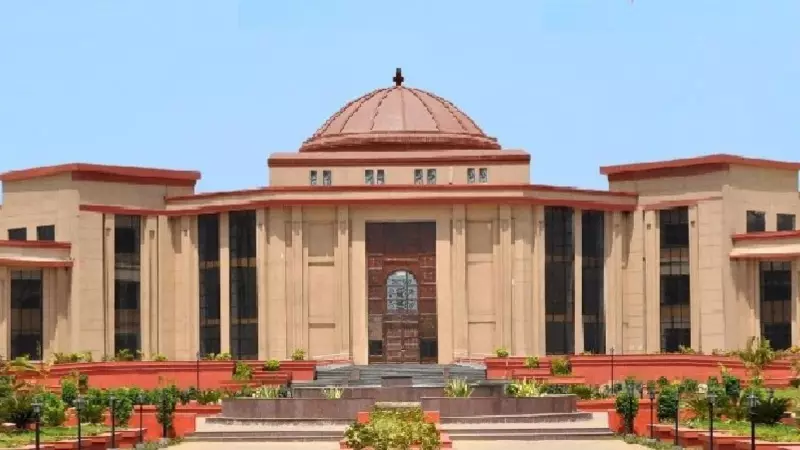
In a significant ruling that addresses the sensitive issue of religious conversions, the Chhattisgarh High Court has upheld restrictions preventing non-Hindu religious leaders from entering certain villages in the state.
The court dismissed a petition challenging the constitutionality of banners and hoardings that explicitly barred Christian pastors and other non-Hindu preachers from accessing these areas. These restrictions were implemented amid growing concerns about alleged forced religious conversions in the region.
Court's Rationale: Preventing Coercion Over Religious Freedom
The division bench, comprising Chief Justice Ramesh Sinha and Justice Ravindra Kumar Agrawal, determined that such restrictions do not violate constitutional provisions protecting religious freedom. The court emphasized that the right to practice and propagate religion must be balanced against the need to prevent coercive conversion activities.
"The restrictions are in place to maintain public order and social harmony," the court observed, noting that local authorities had documented instances of religious tension arising from conversion activities.
Background of the Case
The legal challenge emerged after several villages in Chhattisgarh erected prominent banners stating that Christian pastors and other non-Hindu religious figures were prohibited from entering. The petitioners argued these restrictions violated fundamental rights guaranteed under Articles 25 and 26 of the Indian Constitution, which protect freedom of religion.
However, the state government maintained that these measures were necessary to prevent what they described as "unethical conversion practices" that had created social unrest in tribal-dominated areas.
Broader Implications
This judgment comes at a time when several Indian states have implemented or are considering anti-conversion laws. The Chhattisgarh decision is likely to influence similar legal challenges across the country and may set a precedent for how courts balance religious freedom against concerns about forced conversions.
Legal experts suggest the ruling could have far-reaching consequences for religious minorities and their ability to practice and share their faith in regions where anti-conversion sentiments are strong.
The court's decision underscores the ongoing tension between individual religious rights and collective social harmony in India's diverse religious landscape, particularly in areas experiencing interfaith tensions.





